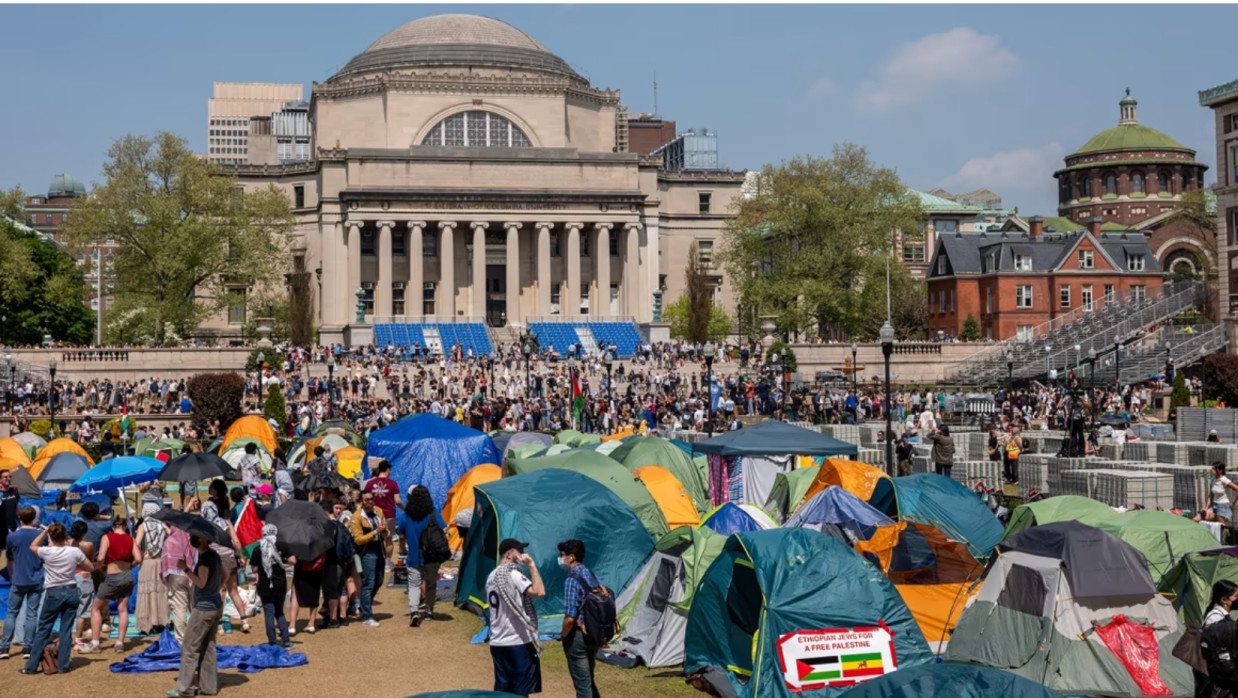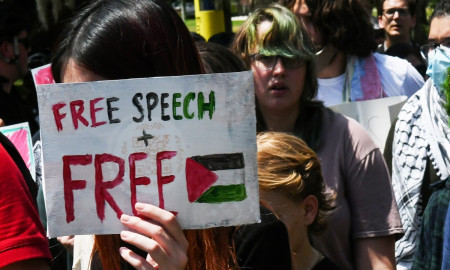Trump’s Crackdown on Elite US Campuses

U.S. President Donald Trump has once again ignited controversy around the country's top universities by launching a sweeping crackdown on federal funding. Prestigious institutions including Harvard, Columbia, and Princeton are now facing potential financial penalties, with critics warning that the move poses a serious threat to academic freedom.
The Trump administration has either suspended or moved to limit federal funding to several universities, citing concerns over “rampant antisemitism” and alleged ideological bias. In Harvard’s case, nearly $9 billion in federal funding is now at risk, while Columbia University has reportedly already lost $400 million in grants, resulting in the dismissal of around 180 researchers.
The administration’s stance hardened after pro-Palestinian demonstrations swept across U.S. campuses in response to the Israel-Hamas conflict in October 2023. According to federal officials, some institutions have become “hotbeds of antisemitic sentiment and one-sided narratives.”
Harvard has already had $2.2 billion in federal support withdrawn, while other universities, including Brown, Cornell, Northwestern, Penn, Columbia, and Princeton, are facing similar threats. Although Columbia has entered negotiations with federal authorities—agreeing to certain conditions in hopes of restoring part of the lost funding—Harvard has taken a more defiant stance.
Rejecting several proposed conditions, such as appointing external auditors, overseeing faculty ideological leanings, and monitoring international students, Harvard’s administration has vowed to defend its institutional autonomy. In a public statement, President Alan M. Garber asserted, “We will not compromise on our constitutional rights or academic independence.” The university has since taken the matter to court.
While the Trump administration claims its actions are necessary to hold institutions accountable, many view the measures as politically motivated. Analysts note that most of the affected universities are located in traditionally Democratic-leaning states—such as New York, California, and Massachusetts—raising suspicions of electoral retaliation ahead of the 2024 presidential election.
Northwestern University, which had already implemented measures to counter antisemitism, was nonetheless added to the list of institutions facing funding cuts—highlighting what critics call the arbitrary and punitive nature of the policy.
So far, more than $12 billion in federal grants and aid are either suspended or under review. The impacted programs span critical areas such as drug research, quantum computing, chemical weapons resistance, and student loan schemes—especially in university-affiliated hospitals.
Experts warn that the implications go beyond education. “This level of political interference in higher education is unprecedented,” said one commentator. “It undermines not only academic freedom but also the future of research, healthcare, and innovation in the United States.”
Some observers are calling Harvard’s legal challenge a potential turning point in the defense of academic independence in America. As the situation continues to unfold, the debate intensifies: will freedom of thought and expression prevail, or will political pressure reshape the landscape of U.S. higher education?















